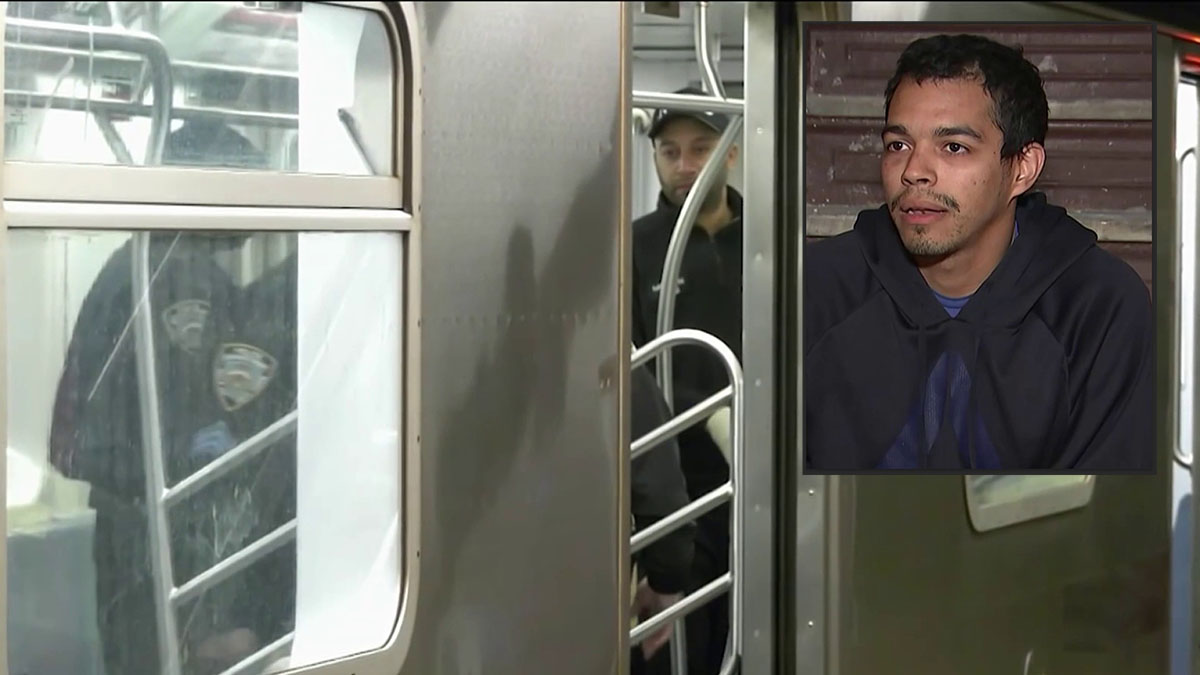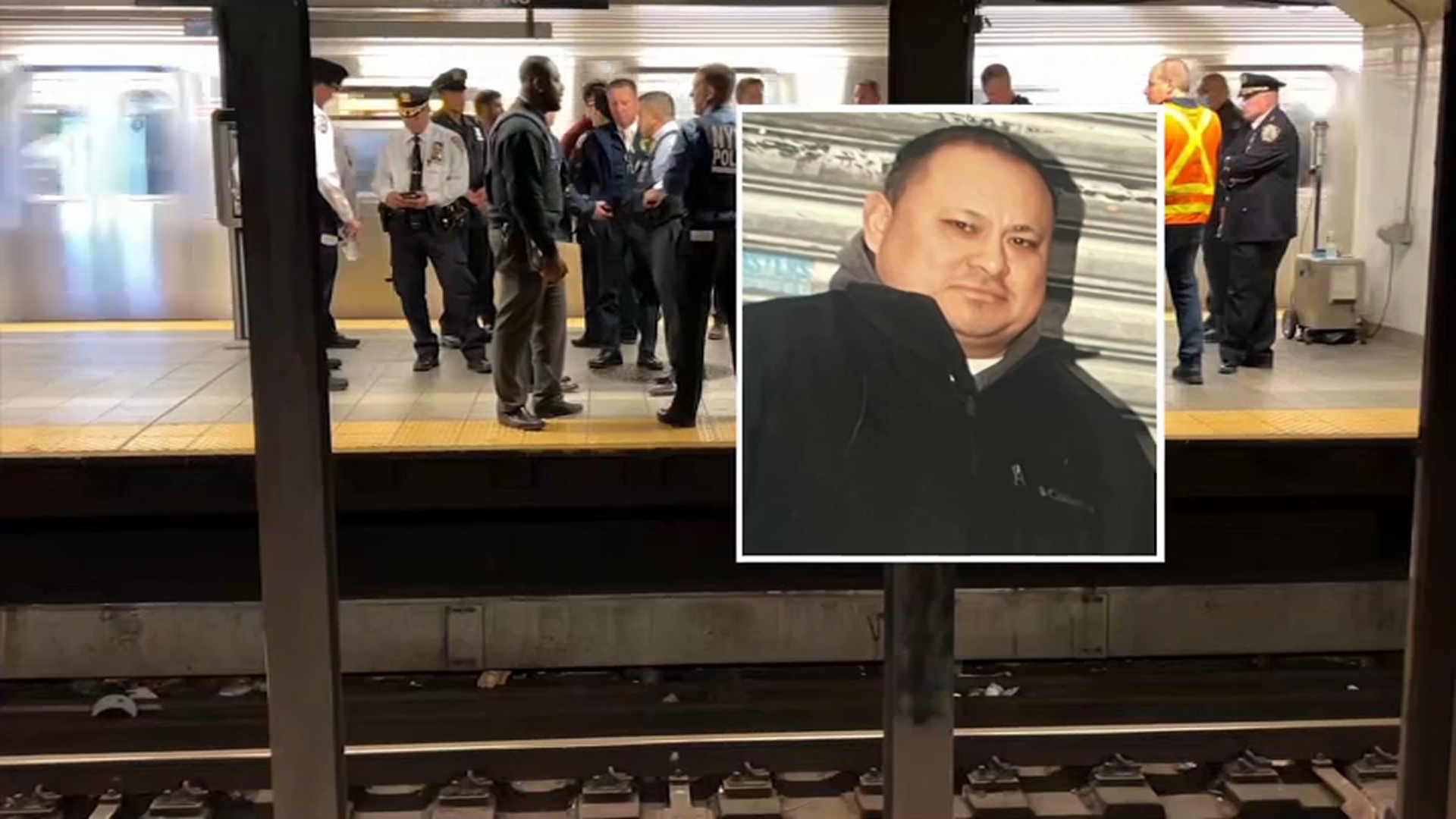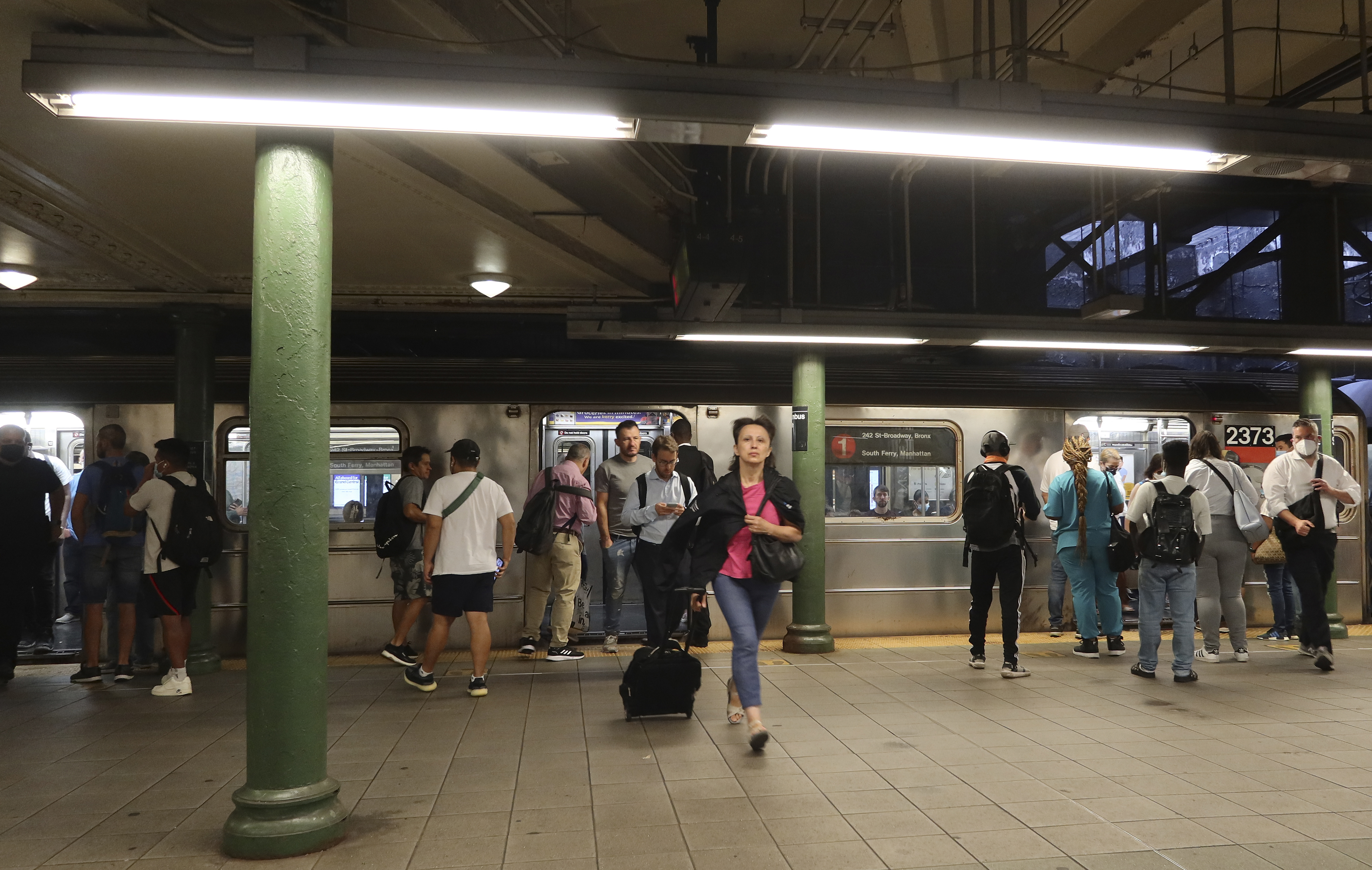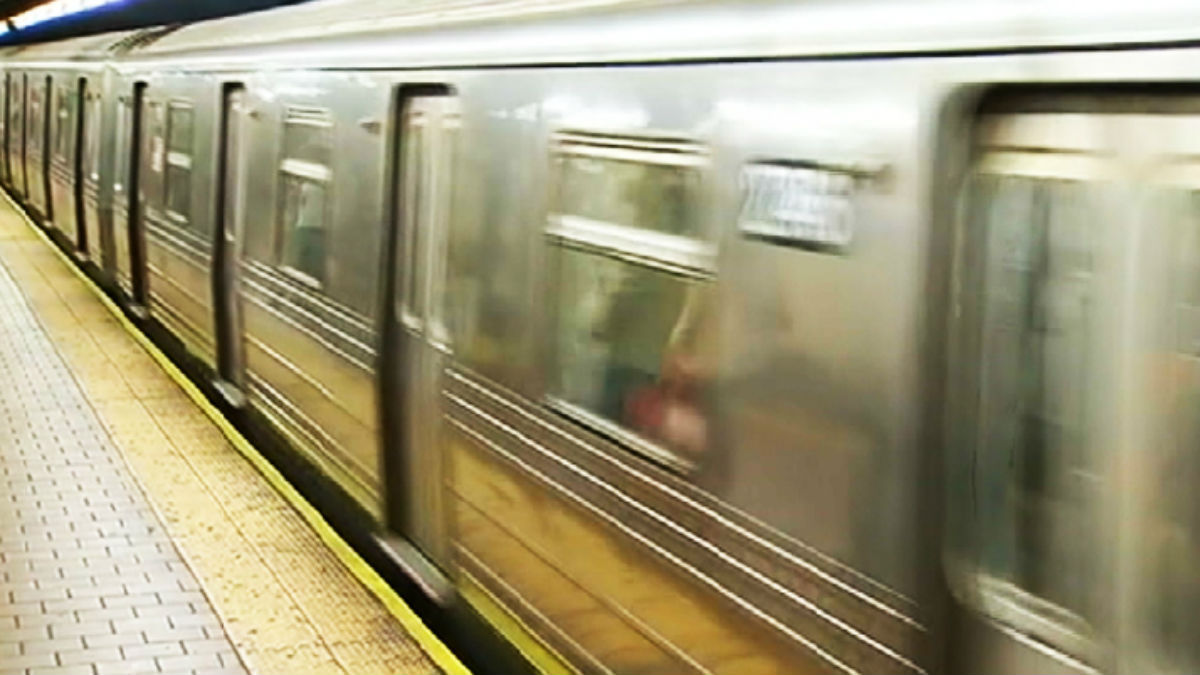New York City faced another unprovoked attack on its subways late Sunday -- a come-from-behind blow that sent a 63-year-old rider to the tracks -- as elected officials at the city and state levels double down on their commitment to reassure people the system is safe.
Police say the victim in the latest case was on the southbound No. 4 train platform at East 149th Street in the Bronx's Grand Concourse around 9 p.m. when someone socked him in the head. The 63-year-old fell to the roadbed. No train was coming and the victim was OK. Cops say he refused medical attention at the scene.
A 21-year-old man was taken into custody and charges are pending, authorities said.
The NYPD also reported a non-random subway attack -- a 14-year-old girl knifed on a northbound No. 1 train amid an argument with a few other teenage girls she knows, authorities say. She was slashed in the torso and hand at 191st Street but is expected to be OK. No arrests have been made in that case, according to officials.
Get Tri-state area news and weather forecasts to your inbox. Sign up for NBC New York newsletters.
More Coverage
The latest incidents come as Mayor Eric Adams and Gov. Kathy Hochul unveil a new plan to curb subway violence -- targeted or otherwise -- in a bid to assuage public concerns as the struggling MTA looks to continue its slow-churning pandemic rebound.
Over the weekend, the Democrats said they plan to greenlight more than a thousand overtime shifts every day designed specifically to increase the number of uniformed officers on patrol on platforms and trains. Funding for additional 1,200 shifts would account for 10,000 more patrol hours each day. Their weekend announcement also called for two new in-patient psychiatric facilities to aid people experiencing serious mental health issues.
Hochul said part of the plan includes MTA police focusing resources on stations linked to the four major commuter rail hubs -- Penn Station, Grand Central, Atlantic Terminal, and Jamaica Station -- a move, in turn, that allows NYPD officers to increase coverage across the system. Subway riders Monday may also have noticed announcements at certain stations reminding them that police are available in the area if they need to report a crime or concern.
"Cops, Cameras, Care," as Hochul called the series of initiatives, includes expanded mental health training previously given to New York State Police and first responders in crisis intervention. The state training will now be provided to police and other city first responders specifically involved in the transport of people needing psychiatric evaluation.
The electeds acknowledged the perception of violence plaguing public transit. City leaders say there has been a drop in crime, but the nine homicides within the MTA this year has created a boiling over of frustration they said must be addressed head-on.
"We must address both the perception and reality of safety, and the expanded partnership we are announcing today with Governor Hochul will do just that, while building off the successes of our Subway Safety Plan. The bottom line is that riders will see more officers in the system, and so will those thinking of breaking the law," Adams said.
Sending scores of additional officers into the transit system is a method already in the mayor's toolkit. His subway safety plan announced earlier in the year deployed additional cops after the start of his administration.
Adams said 40% of transit murders were committed by people with severe mental health problems. So the next step is addressing mental health.
The state has promised 50 new inpatient beds — under a new plan to essentially — have people committed.
The two new psychiatric facilities, the first of which is scheduled to be open by Nov. 1, will each hold 25 inpatient units. The second is expected to open early in 2023.
The state's Office of Mental Health will oversee the treatment program designed to aid people 18 and older who are experiencing homelessness and have severe mental illnesses, Hochul explained.
Within the new OMH assignment, a step-down program will be established to help patients transition to independent geared living settings.
The installation of security cameras is among the plan's top priorities -- the governor expects at least 750 to be installed inside subway cars every month; the entire fleet should be done by late 2024. Already, the governor noted, more than 200 cameras have been added to cars since her announcement last month.
Critics were quick to blast the plan, with Police Benevolent Association President Pat Lynch calling it "unsustainable."
"Our city must immediately boost pay and improve working conditions in order to recruit and retain enough police officers. That is the only way to provide real safety in the subway, rather than the illusion of ‘omnipresence,'" Lynch said.
Additionally, mental health advocates worry it’s overreach and won’t solve the problem without a huge commitment to supportive housing.
Subway crime is hardly the mayor's only concern. With major felonies up 31 percent, Adams convened a weekend crime summit at Gracie Mansion to help move toward long-term solutions. District attorneys from the five boroughs, defense lawyers and top NYPD brass were among those invited to speak with the mayor over four hours Saturday. Some of those leaving the session said it was filled with lively discussion and debate, but gave no specifics.






